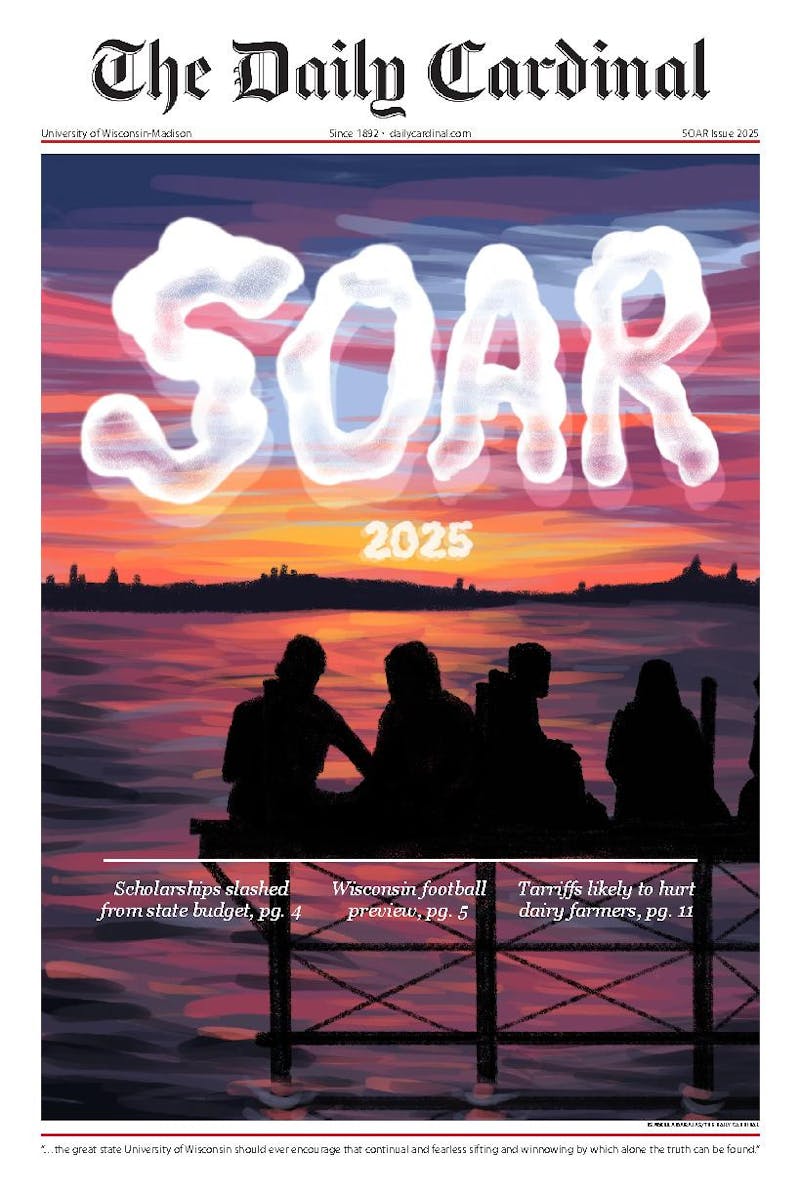Franchises, developers and publishers can all easily disappear in a multi-billion dollar industry. Acclaim was once the cream of the game publisher crop, but they filed for bankruptcy in 2004. Now, in lieu of the recent THQ humble bundle (which allows gamers to name their price for a bundle of a variety of the company’s games) that went online, I thought it pertinent to reflect on this fledgling company that’s losing money faster than Jean Ralphio’s Entertainment 720 on “Parks and Recreation.”
THQ Inc.’s success for many years came from its licensed kids games, specifically their exclusive Nickelodeon license. This emphasis on children’s products was what eventually led to the development of the ill-fated uDraw tablet. If the ludicrously blunt name didn’t make its function apparent, this peripheral allowed children to create their best Picasso imitations onscreen.
Despite its early success on the Wii, an upgraded line launched on the PS3 and 360 to disastrous results. THQ shifted its revenue estimations by over $100 million dollars and their soon-to-be-discontinued product went the way of E.T. as factories piled the excess units into the only location uDraw was still welcome, the ever-gracious landfill.
This isn’t to say the entire blame lies on uDraw. After a record year in 2007, the company hoped it could move up a tier to do battle with industry giants EA and Activision. Plunging huge investments into new, hopefully triple-AAA products left THQ in a precarious situation as projects flopped worse than soccer players.
“Red Faction Armageddon” failed to deliver after its innovative predecessor sold over a million units and the franchise was effectively eliminated. “Warhammer,” one of the most well-known properties in gaming, is mired in mediocrity. Both UFC and WWE have been successful franchises, but these costly licenses led to the sale of the UFC license to EA earlier this year.
With stock prices plummeting from $30 in 2007 to only $0.70 in 2012, THQ has undergone massive restructuring to try to salvage what’s left of their hollow shell of a company. They sold off Big Huge Games to 38 Studios, a move that likely made sense with a costly, quasi open-world game like “Kingdoms of Amalur: Reckoning,” but also subjected us to hearing Rhode Island’s governor pretend he knew two shits about gaming.
They shut down Kaos studios, developer of the much maligned yet mildly successful “Homefront.” THQ eliminated investment in kid’s properties, focusing instead on a quality-over-quantity approach that appears strong on paper, but may not pay off for several years.
This sad history is what led to the most recent humble bundle. In what was a veritable charity fund, THQ offered up some of its most successful titles of the past few years in return for fan donations that can be divvied up between THQ or several charities. Usually reserved for indie games, this latest offering smacks of desperation. Embarrassingly, three of the top 20 contributions come from the company’s CEO, president and a development studio, respectively.
However, my bleak outlook isn’t necessarily indicative of my opinions. I’m a noted THQ apologist and believe a lot of their recent moves illustrate that their future could be far brighter than the idiotic failed balloon stunt in San Francisco for “Homefront” may indicate.
The unannounced projects by Patrice Desilets (creator of “Assassin’s Creed”) and Turtle Rock Studios (co-creators of “Left 4 Dead”) could both be major hits based simply on pedigree, but this is solely conjecture until some actual information is released. Shifting development of “Homefront 2” into the more than capable hands of Crytek could produce the product THQ hoped for with the first game.
“Saints Row: The Third” shipped nearly five million units giving THQ a solid property to build around in the coming years. The upcoming “South Park: The Stick of Truth” looks like another quality product, but may fall into a niche category and underperform during a presently stacked month of March.
Including both “Darksiders” and “Metro 2033” was a smart move by THQ and they probably hope it will help bolster sales of next spring’s “Metro: Last Light” and last August’s “Darksiders 2,”one of my favorite games of the year. In my opinion, this is simply wishful thinking on THQ’s part.
I sincerely want THQ to succeed. Their revamped strategy includes a lot of products I’m excited about and hopefully their approach pays off financially with the gaming audience. That possible ascension is probably years away however, and until then THQ will remain a company as deflated as the red balloons that dotted San Francisco Bay back in 2011.
Want to talk about your humble bundle spoils? Email Adam at arparis@wisc.edu.





